News Archive
-

David Schonfeld believes that an integrated, informed support system is key to addressing the challenges grief poses for children.
-
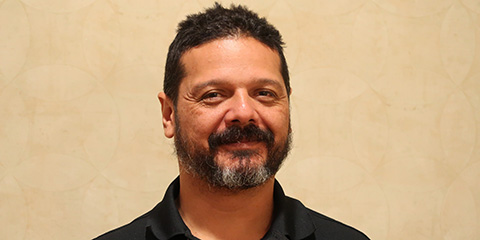
Alzheimer’s disease can be devastating, but families don’t have to go it alone.
-
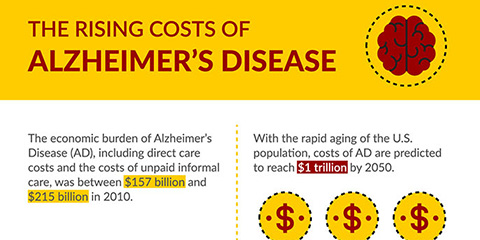
The prevalence of Alzheimer’s Disease is on the rise — and with it, the economic burden of the disease (estimated to be between $157 billion and $215 billion in 2010). What’s more, growing evidence suggests that AD disproportionately impacts racial and ethnic minority groups. Learn more about the growing burden of AD in the United States with this infographic for National Alzheimer's Disease Awareness Month.
-

As a family nurse practitioner in Baltimore eight years ago, Benita Walton-Moss saw many survivors of domestic violence.
-
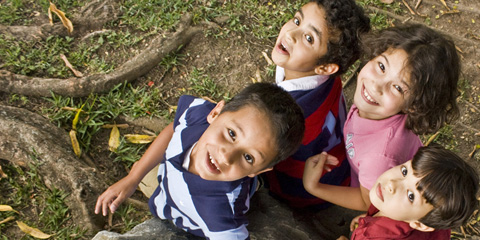
When the Emergency Child Care Bridge goes into effect in January 2018, foster families in California will be receiving much-needed new financial assistance -- and USC social work faculty research played a part in getting that done.
-
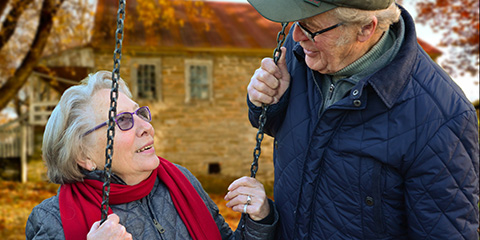
September is Healthy Aging Month and World Alzheimer’s Month. Peter Braun, adjunct lecturer at the USC Suzanne Dworak-Peck School of Social Work, discusses establishing services for minority communities facing Alzheimer’s disease.
-

Have you ever applied for a job or submitted a resume online, only to never hear anything one way or another? Have you ever applied for a job for which dozens—or even hundreds—of other applicants were also applying? The process of job hunting can be pretty frustrating, but there is a better way to get through it.
-

Thinking of pursuing a master’s degree in social work? Here are 10 of the best career paths available to Master of Social Work grads.
-
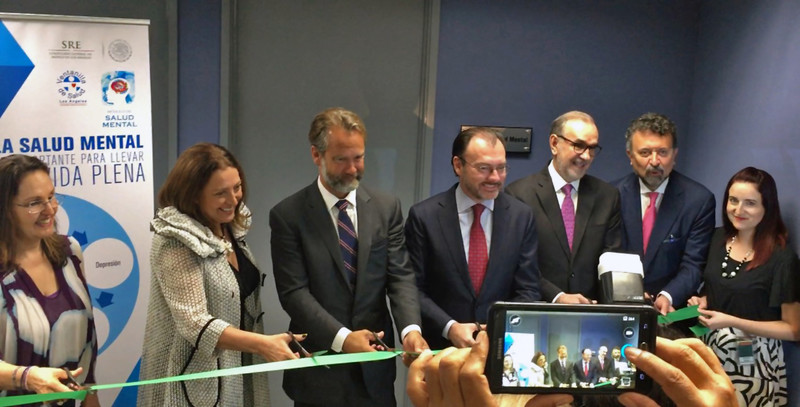
With the Trump Administration’s recent revocation of the Deferred Action for Childhood Arrivals policy, and a perceived increase in immigration enforcement, many immigrants are under more stress than ever, especially with the recent major earthquakes in Mexico affecting families on both sides of the border.
But immigrants don’t always seek help because of cultural stigma and the threat of deportation, among many other stressors. The USC Suzanne Dworak-Peck School of Social Work is working to change that.
-
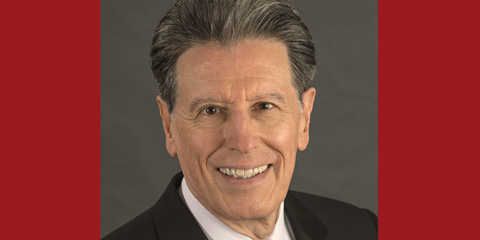
The United States has produced nearly 40 years of prevention and disparities research initiatives and public health programs aimed at eliminating inequities and the unfair burden of illness in society. These efforts have yielded a vast body of information regarding the large gaps in specific health and health care hardships suffered by large segments of the US population, and interventions for remediation.
It remains unclear how much progress has been made in eliminating health inequities.